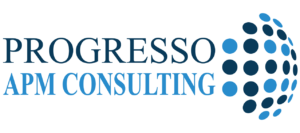Accelerating the implementation of the New Approach Methodologies and other innovative non-animal approaches for the development, testing and production of health technologies
Deadline: 16 January 2024
Expected outcome:
Research and innovation (R&I) actions (projects) to be supported under this topic must contribute to all the following outcomes:
- Researchers will benefit from the implementation of NAMs and other innovative non- animal approaches which have been assessed and validated from their performance and found to be relevant, reproducible, predictive and standardised, ultimately leading, as relevant, to their regulatory acceptance for use in infectious and/or non-communicable disease applications. The new approaches should lead to an improvement in the assessment of health technologies and/or production processes, and to a significant reduction in number of animals used. In addition these approaches ma answer question that current methods cannot, and improve the predictability and robustness of evidence generated for regulatory decision-making.
- European industry will benefit from the establishment and availability of NAMs and other innovative non-animal approaches for the testing, development and/or production of health technologies that are fit-for-purpose to support regulatory decision making.
- Researchers and developers of innovative healthcare solutions will have access to high-quality data, new recommendations and best practices incentivise the use of NAMs and other innovative non-animal approaches and their integration in in industrial processes. This should be supported by an appropriate digital repository to ensure both the sustainability and scalability of the knowledge base.
- Regulators and policy makers will gain knowledge and have access to high-quality data on the characteristics and use of NAMs and other innovative non-animal approaches in the production and development of health technologies to foster the development of harmonised guidance and requirements, as well as uptake or translation into health policies.

